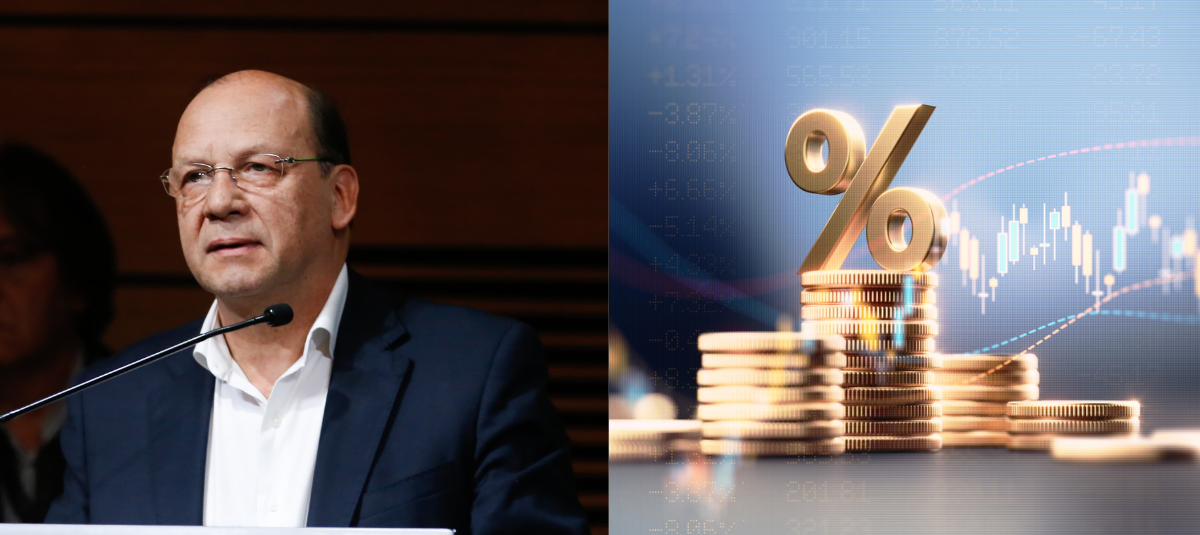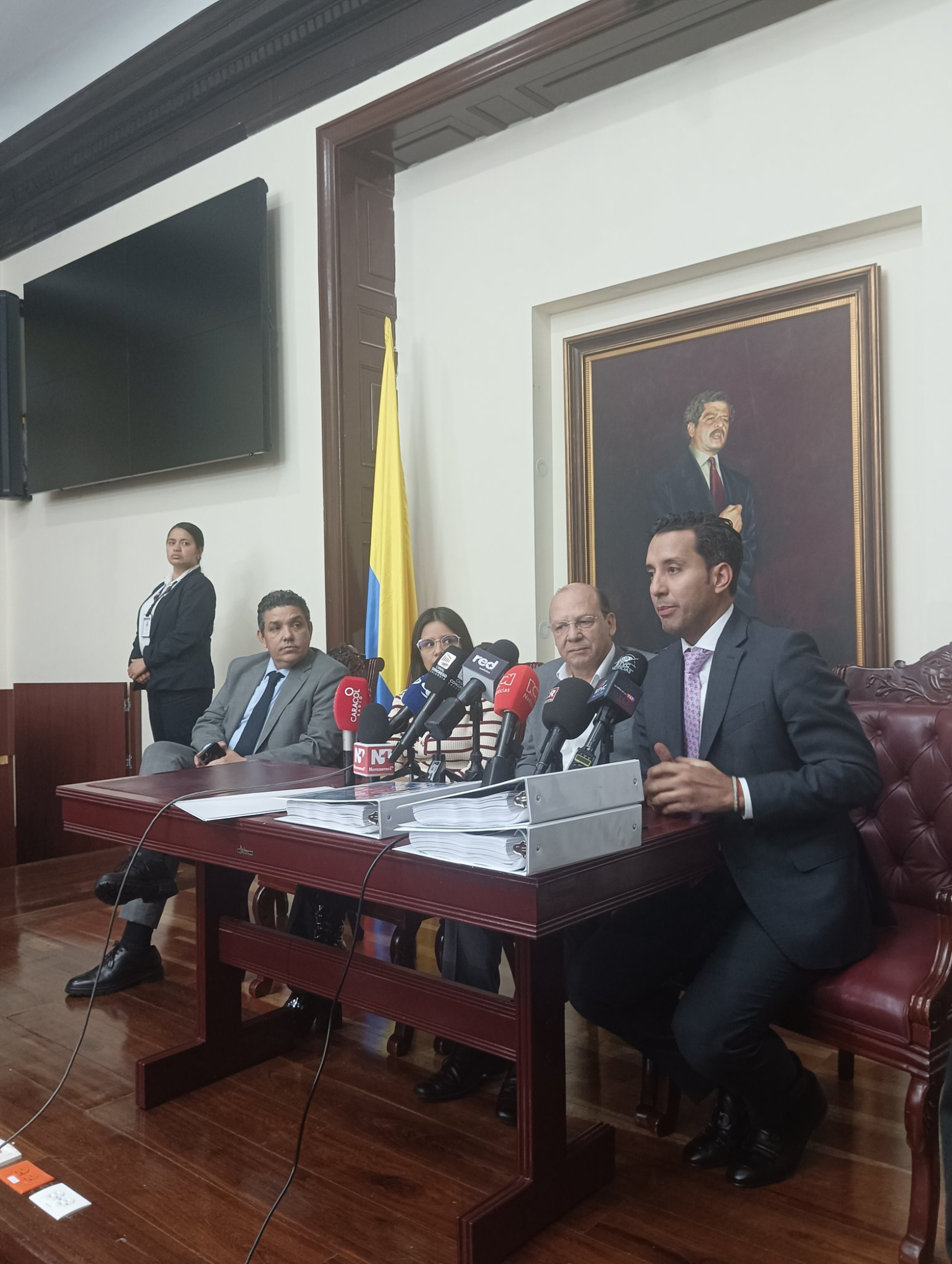Underfunding and tax pressure in the general budget for 2026

On July 29, the Ministry of Finance filed the draft General National Budget for 2026 (PGN 2026), the latest public spending proposal the Petro administration has to implement its government plan. Furthermore, this is the budget to be implemented during the year of national elections, which is why it faces implementation challenges due to the legal implications of contracting under the Guarantee Law.
The total amount is $556.97 billion, which is $35.7 billion higher than the proposed draft of the 2026 PGN (National General Budget) that the same government presented in April, a 6.8% increase. The budget changes vary by entity. For example, the Presidency's budget has increased by 124.2% between the draft and the proposed budget , for a total budget of $1.1 trillion. The Treasury's budget has increased by 23.8%, with a $6 trillion increase in this budget. The Ministry of Equality's budget has been reduced from $823 billion in the draft to $524 billion, a decrease of 36.3%. The UNGRD's budget has been reduced by $40 billion, a decrease of 5.4%. Debt service has been reduced from $115 billion to $99 billion. One of the most significant increases is in the Ministry of Mines and Energy, which goes from $2.5 billion in the preliminary draft to $9.7 billion, which is explained in the investment breakdown as "productive consolidation of the electric power sector."

The submitted budget may be difficult to implement due to the guarantee law. Photo: iStock
Compared to the approved 2025 budget, and taking into account the projected 4.5% inflation rate at the end of 2025, the actual increase in the total budget is 1.2%. Excluding debt, the size of the National Government as a proportion of GDP increases from 22.8% in 2025 to 23.6% in 2026.
Underfunded again The 2026 budget project is similar to the 2025 project in that it is underfunded . The debate on the 2025 PGN project included the need to approve a financing law during this year to cover the total projected unfunded spending of $12 billion . This led to a heated debate in Congress over the attempt to approve an underfunded project, which ended with the PGN 2025 not being approved by the legislature, its approval via decree by President Petro, and the adjustment of a $12 billion spending reduction because a tax reform was not processed this year.
It seems the same story will repeat itself in 2026. The project includes $26.3 trillion in revenue sources "subject to the approval of the financing bill that the National Government will submit to Congress." The government intends to approve a tax reform more than double the amount Congress refused to approve in 2025.
This reform proposal also contrasts with what the Ministry of Finance itself has set forth in the Medium-Term Fiscal Framework (MFMP) 2025. In the MFMP, the Ministry proposed a reform for 2025 that aims to collect between $4 trillion and $8 trillion, and proposes one for the next administration that would collect between $19.6 trillion and $25.4 trillion. It is unclear, therefore, whether the proposed financing law to fund the 2026 PGN will replace the structural reform of the MFMP; it simply projects an increase in additional spending for next year.
Low execution A recurring criticism of the government has been its budget execution. Considering obligations as a proportion of total annual budget appropriations, excluding debt, for the years 2023-2024 the average annual execution was 83.8%, while in the years 2000-2021 the average was 90% . If only the ratio of payments to appropriations is reviewed, in 2023-2024 it was 83.5%, while the average for the period 2000-2021 was 85.2%.

Filing of the budget in the House of Representatives on July 29. Photo: Ministry of Finance
When broken down by investment execution, the current government's spending problems become even more evident. The annual average of obligations over appropriations for the years 2023-2024 was 64.1%, while for the years 2000-2021, the annual average was 77.8%. When reviewed by payments, the average for the years 2023-2024 was 63.1%, and for the period 2000-2021, it was 68.7%. The Petro administration's poor execution is evident, making it difficult to justify increases in public spending for next year.
The 2026 budget discussion will be hampered by the fiscal crisis and the current administration's poor budget execution . The Confis approved the use of the fiscal rule's escape clause, which was sustained by inflexible spending increases that put pressure on the National Government and do not match the increase in revenue. While this is true for several budget items, ongoing spending has also increased in recent years due to the approval of bills in Congress, which were fiscally endorsed by the Ministry of Finance during their processing.
It is likely that Congress will not approve the 2026 PGN, which is over $26 billion underfunded. Thus, it is presumed that the government will justify its failure to approve it as yet another means of sabotaging its final year in office. The truth is that the limited available tax revenue will be compounded by the difficulty of implementing the PGN in an election year due to the guarantee law.
In fact, during the 2000-2024 period, it has been observed that the average execution of the PGN by sector decreases during national election years, which foreshadows a complex context for government execution in 2026. Ultimately, those affected in this fiscal context are the Colombians who see their access to services and rights that the State must guarantee at risk.
* Economist and Master in Economic Sciences from the National University.
** Razón Pública, a non-profit think tank that aims to ensure that the best analysts have greater influence on decision-making in Colombia.
This text has been edited for space reasons.
eltiempo





